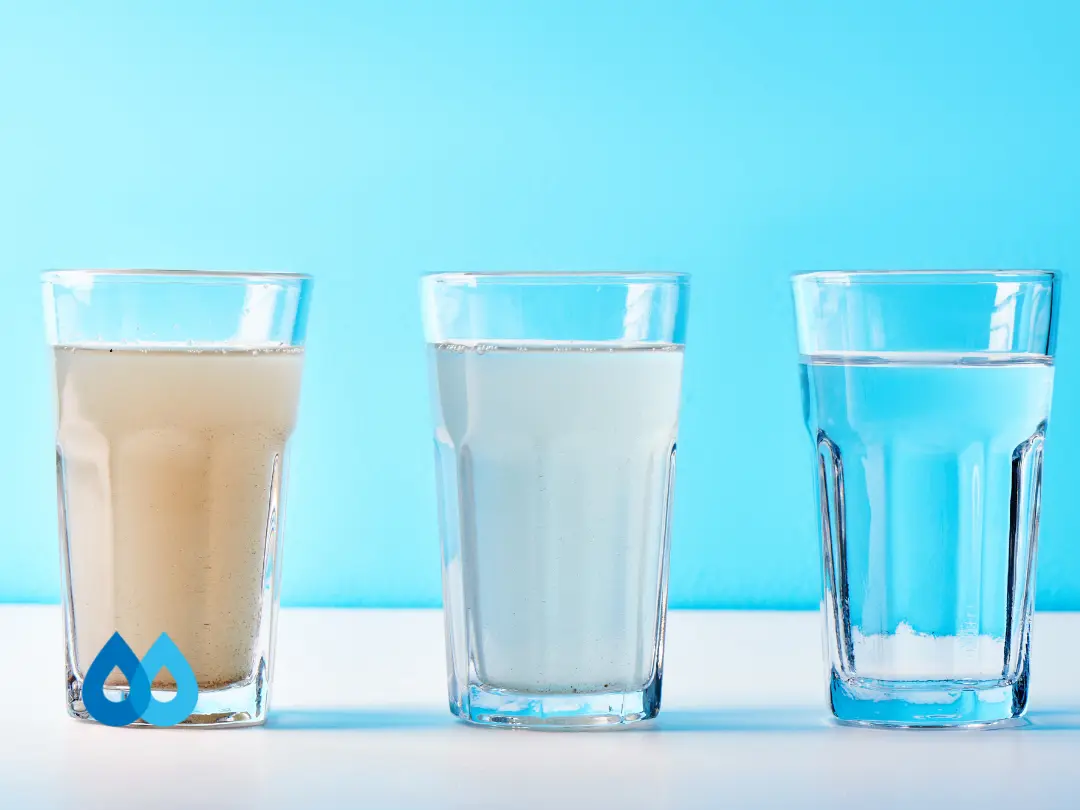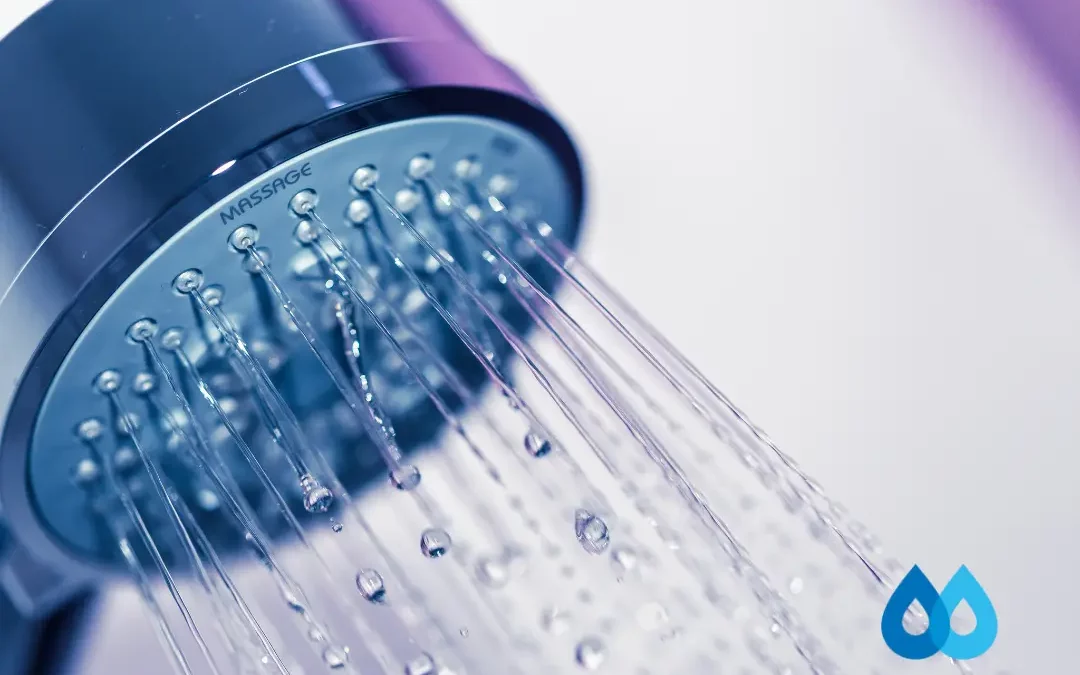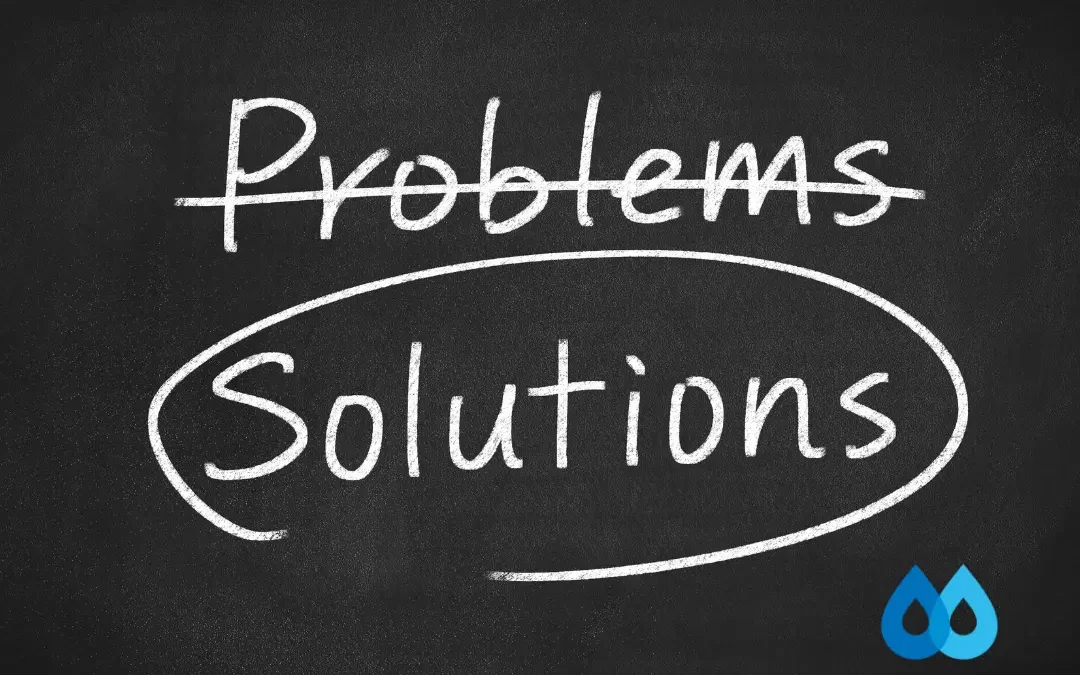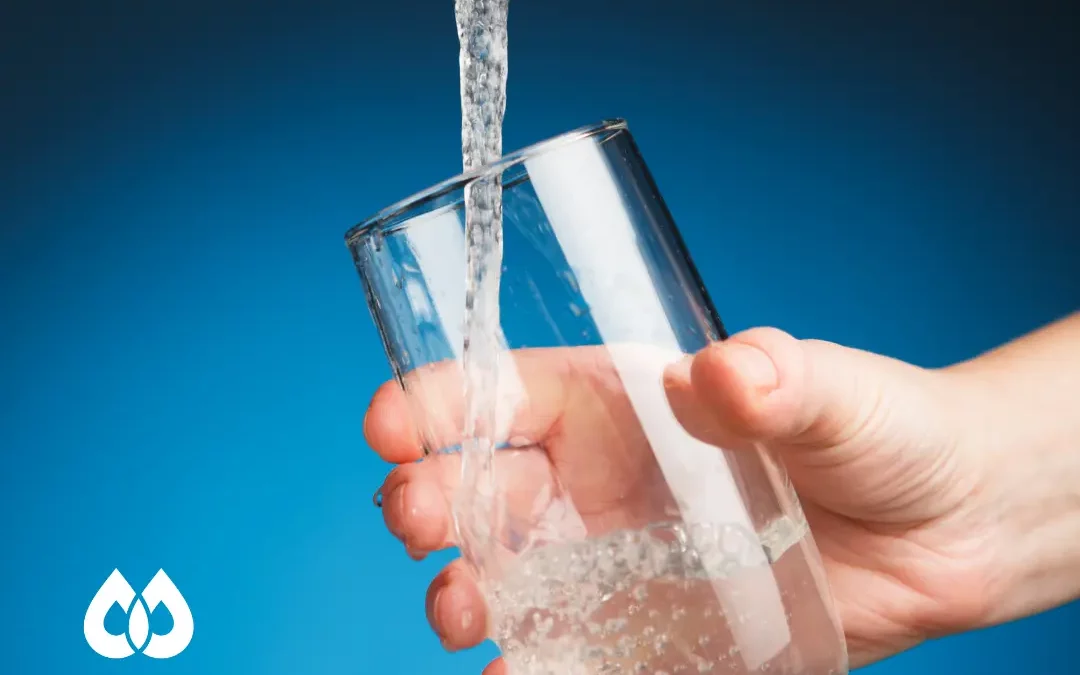Water quality is not only a matter of taste — clean water is essential for our health and wellness. And with increasing reports of widespread water contamination, a water filtration system is an investment in your home’s value and your overall household efficiency. There are several different kinds of filtration systems, but evaluating your personal preferences and water usage needs can help point you in the right direction.
When looking at water filtration options, you should compare the advantages of whole-house filtration versus a point-of-use system. What’s the difference here? Both water filtration systems provide clean drinking water, but a whole-house filtration system treats water before it reaches faucets or appliances.
Whole-house water filtration
Whole-house filtration systems treat the water throughout the entire house. A whole-house water filtration system is installed at the entry point to the home and purifies the water BEFORE it reaches any showerhead, faucet, or appliance. These more intensive filtration systems can use a wide range of technologies, from carbon filters to UV sterilization, to safely remove contaminants and minerals from the water supply.
Pros of whole-house water filtration systems:
- The comprehensive filtration process improves water quality for ALL household uses.
- The lack of mineral and sediment buildup in treated water means that the plumbing system and appliances will last longer.
Cons of whole-house water filtration systems:
- These more intensive systems may have higher installation or maintenance costs.
- They may treat a wider range of contaminants and not the specific one you’d like to address. (In North County, we like to double check for arsenic and chloramine.)
Point-of-use water filtration
Point-of-use filtration systems, on the other hand, treat water directly at the source. A point-of-use water filtration system is installed at individual outlets — think faucets and under-sink filtration systems. These smaller systems provide targeted water purification and guarantee clean water at a specific point.
Pros of point-of-use water treatment systems:
- Targeted water filtration
- Affordable
- Easier to install or DIY
Cons of point-of-use water treatment systems:
- The rest of your home’s water supply is not protected from contaminants and minerals. (Hair and skin may still suffer in the shower!)
Choosing the right water treatment option
There are several factors to consider when choosing between a whole-house and point-of-use filtration system:
- Local water quality and specific contaminants of concern to you.
- Get a report of your local water quality and have your water tested. This will help you identify the specific contaminants you’d like to address in water filtration.
- Consider the size of your household, personal preferences, and past water usage patterns to help you determine the right filtration system for you.
- Long-term water quality goals and budget sustainability.
- Don’t neglect ongoing maintenance expenses when evaluating installation costs. Make sure your budget aligns with your long-term water quality goals.
Whole-house water filtration or point-of-use filtration? Find the best water treatment solution with RWI Water Systems!
Choosing between a whole-house or point-of-use water filtration system requires you to consider your own water quality needs and preferences. Your decision should be based on your family’s priorities, whether that be overall water purity, household convenience, or a specific water contamination concern. Either way, congratulations! Investing in a water filtration system is the first step to ensuring safe, clean water for you and your loved ones.
Ready to improve your home’s water quality? Contact our team at RWI today to explore the wide range of water treatment systems that can be customized to your home.




